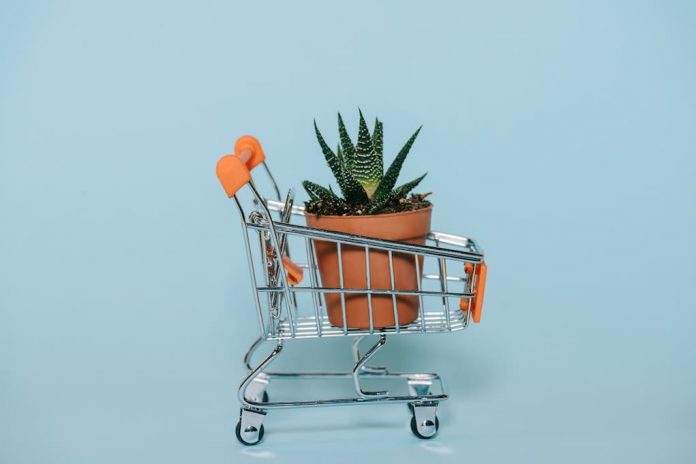
When you shop for, say, oatmeal, you expect to find oatmeal in the package. So when you go to the store to buy aloe vera gel, juice, or another form of the plant, you expect there will be aloe vera in the item. Except sometimes that’s not the case, as was disclosed by a laboratory commissioned by Bloomberg News to identify the presence of the popular natural remedy in products sold by the large retailers Wal-Mart, Walgreens, CVS, and Target.
If you want to know more about that study, you can check it out here. Now, however, we want to go beyond that idea and talk about how to shop for aloe vera and getting what you are paying for. If you are in the market for aloe vera gels or juices, there are a few tips and guidelines to consider before you pull out your wallet or credit card.
Read about 10 benefits of aloe vera juice
What’s the main ingredient?
When you pick up an aloe vera product, what is the first ingredient on the ingredient panel? Some companies use water as their primary ingredient. Remember: ingredients are listed in the order of their prominence. If water is listed first, you are likely buying watered down juice or gel.
100% What?
Consider these two phrases: “100% aloe vera gel” and “aloe vera 100% gel.” Which product should you buy? The first one promises to deliver 100% aloe vera while the second one will give you 100% gel—and hopefully some aloe vera thrown in. These are clearly two examples of how word order matters. Don’t be fooled! Typically, a “pure” aloe vera product contains more than 99% aloe vera, with a minute amount of citric acid or another ingredient (see below) as a stabilizer.
Do you want cold pressed aloe vera?
Cold pressing involves pressing the juice out of fruits, vegetables, and other plants without the introduction of heat. When the juice is made using the traditional method, blades and other devices shred and tear the source product, which produces heat. Aloe vera juice that is cold pressed results in a thicker product with more nutrients.
Go organic, naturally
Organic aloe vera is the highly recommended way to go. In addition, if the product you wish to purchase is formulated for a specific purpose (e.g., digestion help), there may be other ingredients, such as peppermint, ginger, chamomile, or slippery elm. These ingredients also should be organic.
Read more about the health benefits of aloe vera
What color is your aloe vera product?
Aloe vera gel is a naturally light golden color, not green. If the aloe vera product you are considering is green or bluish, then it likely has been artificially colored.
What about additives?
Look for organic aloe vera products that are free of alcohol, artificial colors or fragrances, dyes, parabens, petrochemicals, phthalates, propylene glycol, sulfates, or triclosan. Unless you are in the mood to make your own aloe vera gel and/or juice from organic plants you grow yourself, you will encounter at least one stabilizer or natural preservative in commercial aloe vera products. That’s because aloe vera is very delicate and requires the addition of additives to maintain some shelf life.
Safe additives to look for should they appear in your choice of aloe vera products include:
- Agar agar (thickener)
- Allatoin (a naturally occurring substance)
- Citric acid (nontoxic preservatives)
- Grapefruit seed extract (stabilizer)
- Guar gum (thickener)
- Potassium sorbate (mold-inhibiting preservative)
- Radish root ferment (preservative)
- Vitamin C (stabilizing antioxidant)
- Vitamin E (preservative)
- Xanthan gum (thickening agent)
Overall, these ingredients should make up less than 1 percent of the finished product.
Remember to always read labels carefully and check out the websites of any products in which you are interested for additional information. Happy shopping!
[Editor's Note: Our partner, Lily of the Desert, grows and produces their own aloe vera products including juices, gels, and water.]










